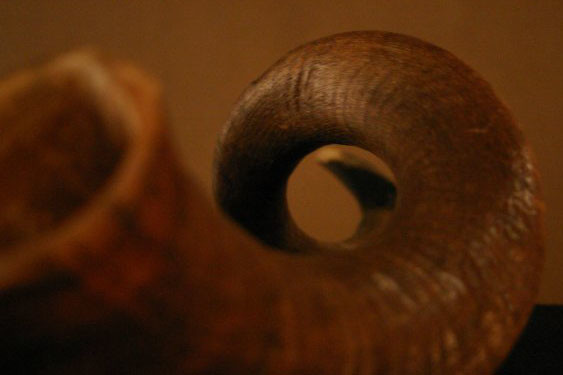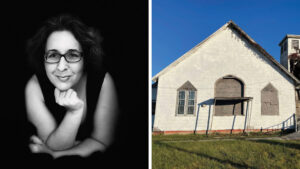The Jewish summer starts in the doldrums and is liftedslowly as the summer ebbs to a conclusion with the onset of the Jewish new year.The calendar bears this out in the days that are remembered or marked throughritual in the three summer Hebrew months of Tammuz,Av and Elul.
The 17th day of Tammuz is a fast day commemorating the beginning of the destruction of the first Temple and begins a three-week period of quasi-mourning that culminates with the Ninth of Av. From the 1st of Av through the 9th, the mourning is increased until the ultimate day when we commemorate many historical moments of misfortune with a 25-hour fast.
After the ninth of Av, the calendar takes on a more positivenote, beginning six days later with the minor holiday of Tu B’Av, the Jewishversion of Valentine’s Day. (Minus the candy.) The first day of the month of Elulbrings with it three morning blasts of the shofarto get us ready and excited about the upcoming new year. The whole summer isa Jewish rollercoaster ride of emotion, beginning with a period of mourning andending with the celebration of another year of life.
This pattern is most evident in the prophetic readings of the10 weeks beginning after the fast of the 17th of Tammuz and culminating withthe Haftarah on the Shabbat prior to Rosh Hashanah. Thefirst three are titled the Haftarot of rebuke, and the last seven the Haftarotof consolation. The first two of these 10 passages are taken from the book ofJeremiah and the last eight from the book of Isaiah. In each, there is acomplete passage containing a single prophecy, but I would suggest that thefirst few lines of each Haftarah tells the story of our Jewish summer, and inmany ways of our entire history.
The combination of passages from the first three Haftarot ofadmonition would look like this: “From the north shall disaster break looseupon all the inhabitants of the land.” (Jeremiah1:14) “What wrong did your fathers find in me that they abandoned me andwent after delusion and were deluded?” (Jeremiah2:5) “Hear o Heavens and give ear o Earth for the Lord has spoken, ‘Ireared children and brought them up and they have rebelled against me. An oxknows its owner an ass its master’s crib, Israel does not know, my people takesno thought.’” (Isaiah 1:2-3)
These verses do not paint a pretty picture of the state ofthe Jewish people. However, the beginning verses of the seven Haftarot of consolationpaint a decidedly different picture. “Be comforted; be comforted my people saysyour God.” (Is. 40:1) “Can a womanforget her baby or disown the child of her womb? I never could forget you.” (Is. 49:15) “Unhappy, uncomforted, stormtossed one. I will lay carbuncles as your building stones and make yourfoundations of sapphires.” (Is. 54:11)“I, I am the one who comforts you.” (Is.51:12) “Shout o barren one you who bore no child. Shout aloud for joy for your children shalloutnumber those of the espoused.” (Is.54:1) “Arise and shine for your light has dawned and the presence of theLord has shown upon you.” (Is. 60:1)“Greatly rejoice in the Lord, my whole being exults in my God.” (Is. 61:10)
What emerges is a people that clearly lost its way and yetwas able to find its way once again. The three weeks between the summer’s fastdays are amongst the saddest that we experience within the Jewish calendar. Thetime that ensues does not ask us to break from that sadness immediately, butrather as a people in exile might do, to allow for that despair to liftslowly.
Our summer calendar mirrors our entire Jewish historicalexperience. We have endured many times of destruction brought on by bothexternal and internal forces. But our ability as a people to eschew a cultureof victimization in favor of one of achievement has helped us each time tothrive again.
This, to me, is the ultimate lesson of the Jewish summer. Aneternal reminder about a people who have risen above many obstacles and who canovercome the ones we face even today.
Rabbi Joshua Z.Gruenberg is the senior rabbi of Chizuk Amuno Congregation.





